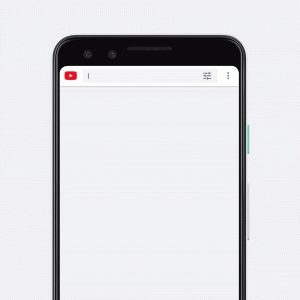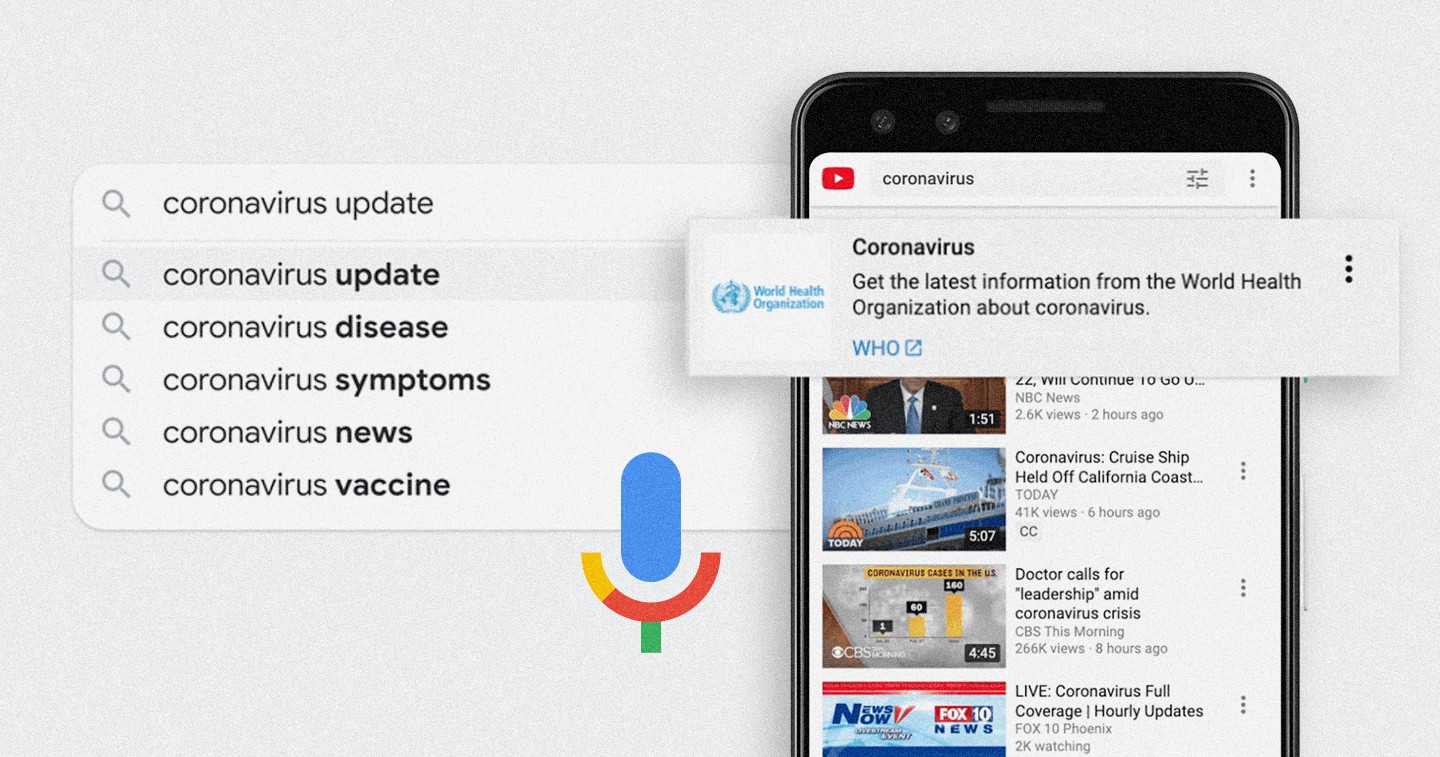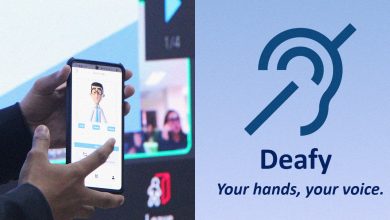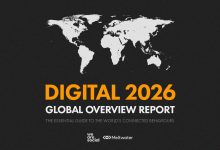As COVID-19 is rapidly spreading across the globe, more and more communities on all sides of the world are being affected in different ways. The numbers of confirmed cases are constantly rising as the weeks go by, and people are clamoring for information on the latest updates.
In light of this, Google has committed itself to making sure everybody remains safe and healthy by helping information on the virus be universally accessible and useful to everyone through its own technologies.
In a statement released by Google here, Sundar Pichai, CEO of Google and Alphabet, shares the company’s efforts to uphold its responsibility through its different platforms:
“As COVID-19 makes its way across the globe, it’s affecting our communities in different ways. Many in Europe and the Americas are just now beginning to experience what people in Asia have been confronting for weeks.
“We have set up a 24-hour incident response team to stay in sync with the World Health Organization, and Google’s leaders are meeting daily to make critical decisions about our offices globally.
“Every day people turn to Google products for help: to access important information; to stay productive while working and learning remotely; to stay connected to people you care about across geographies; or to simply relax with a great video or some music at the end of a long day.
“In the meantime, please continue to take care of yourselves and each other.”
Here are some of the highlights of how Google is helping people find useful information:
- SOS Alert on Search – In many countries around the world, including the Philippines, Google launched an SOS Alert on Search to help users find the latest developments surrounding the virus from authoritative sources. With SOS Alert, people will see a top stories carousel, links to helpful information, and safety tips from authoritative sources.

- Information Panel on YouTube – This aims to direct users to the World Health Organization (WHO) or other locally relevant authoritative organizations. This also appears underneath some of the videos a user is watching about the coronavirus.

Protecting people from misinformation
- On YouTube, any content that claims to prevent the coronavirus in place of seeking medical treatment is being removed.
- On Google Ads, the company is blocking all ads capitalizing on the coronavirus, and Google has blocked tens of thousands of ads over the last six weeks. The company is also helping WHO and government organizations run PSA ads.
- Google Play also prohibits developers from capitalizing on sensitive events, and its long-standing content policies strictly prohibit apps that feature medical or health-related content or functionalities that are misleading or potentially harmful.
- Google’s policy whitepaper, How Google Fights Disinformation, provides further background on how information quality is upheld across platforms.
Enabling Productivity for remote workers and students
As more employees, educators, and students work remotely in response to coronavirus, Google cloud is helping them stay connected and productive. Google has rolled out free access to advanced Hangouts Meet video-conferencing capabilities to all G Suite and G Suite for Education customers globally. This includes the Philippines’ Department of Education. You can learn more about this through these links: G Suite Updates, and Helping businesses and schools stay connected in response to Coronavirus.
Advancing Health research and science
DeepMind has released structure predictions of several proteins associated with SARS-CoV-2, the virus that causes coronavirus. These structure predictions have not yet been experimentally verified, but the hope is that by accelerating their release they may contribute to the scientific community’s understanding of how the virus functions and experimental work in developing future treatments.
Supporting relief efforts and government organizations
Google is providing $25 million in donated ad credit to the WHO and government agencies, and will provide more if there is a need throughout the year. Google.org and Googlers have donated over $1 million to support relief efforts, which will go towards organizations working to purchase medical supplies, provide frontline workers with food and lodging, support the construction of temporary hospitals, and help with long-term recovery efforts.







